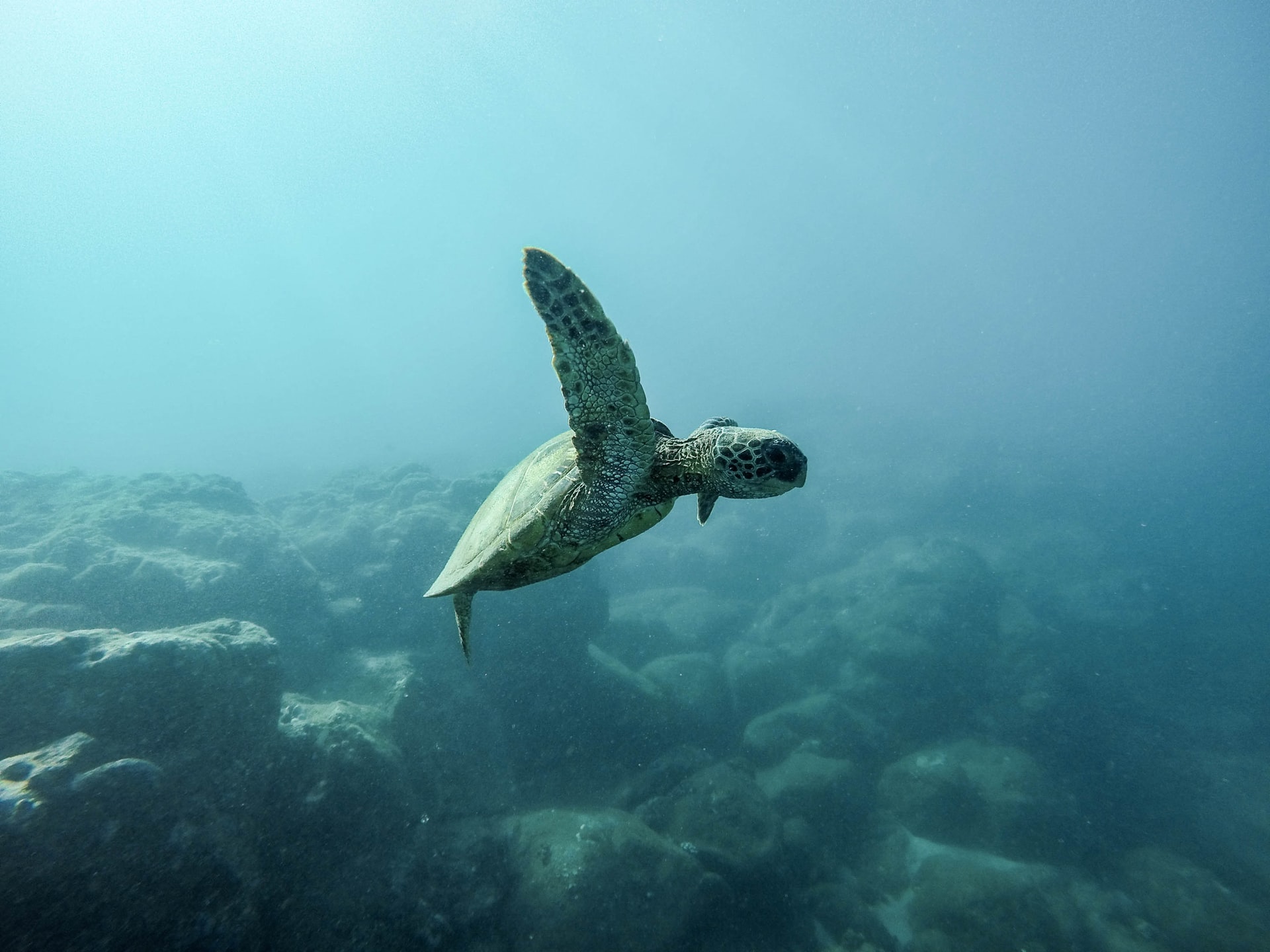It’s World Ocean Day! So let’s take the plunge into the great deep with these 9 facts.
FACT #1: Thanks to the ocean, we breathe
If you think that we only get our oxygen from trees, then you are mistaken. According to scientists, it has been estimated that between 70% to 80 % of the oxygen we breathe is produced by marine plants, such as algae, kelp and phytoplankton. Pretty amazing, right? Unfortunately, plastic and oil pollution greatly impairs the growth of these organisms and their ecosystems. So remember to recycle your plastic, we don’t want it landing in the ocean.
FACT #2: Mermaid tears are not made of sea glass but plastic
According to the legend of mermaid tears, sea glass is the tears of a mermaid who had been banished to the depths of the ocean after falling in love with a human. Unfortunately, the reality is not as romantic, or pretty. Mermaid Tears is the name given to the plastic pellets called nurdles, which is the main component in plastic production. The mismanagement of these pellets ultimately leads to filling up the oceans floors and not the factories. But wait! It gets worse. Not only do they pollute the ocean with harmful chemicals and toxins, because of its tiny size they are mistakenly thought of as food and are consumed by marine life — destroying ecosystems and marine life.
FACT #3: Our sea turtles are still endangered
You would have to be living under a rock if you did not know that our oceans sea turtles are endangered. Even though many organisations have tried to reduce the overall use of plastic straws, many of us still haven’t made the switch to alternatives. Even the smallest change could make a great impact and ultimately save these animals from the brink of extinction.
FACT #4: The Atlantic Ocean wants to be number 1
It’s a well-known fact that the Pacific Ocean is the biggest ocean in the world. However, each year the Atlantic Ocean grows by approximately 3.81 centimetres. How is it possible you may be wondering? This is due to new sea floors being formed as a result of volcanic activity along the Mid-Atlantic Ridge
FACT#5: High-sea sharks are on the brink of extinction
The reality is that most sharks, like the scalloped hammerhead shark, are now critically endangered. It has been estimated that over 100 million sharks are killed by humans every year. This coupled with the harm caused by ship strikes, oil spillages, pollution and climate change, have caused a rapid decrease in the shark population.
FACT #6: The Ocean is on constant climate patrol
Ocean currents carry different temperatures. These currents act as a conveyer belt for the climate by transporting heat from the equator to the inner seas and poles, regulating our climate and weather patterns. It also regulates the concentration of Carbon Dioxide in our atmosphere.
FACT #7: Ocean noise pollution is a thing and is dangerous to marine life
According to The Reef-World Foundation anthropogenic noise pollution from sources like oil exploration, intense sonars and industrial shipping can weaken the immune systems of marine life and may even cause them to abandon their habitats — causing unnatural shifts in the ecosystem.
FACT #8: Stingrays need to be protected
Like sharks, rays are also unfortunately endangered. Nearly 40 species of rays have been listed as endangered, with 1, the Java Stingaree, already possibly extinct according to World Wildlife.
FACT #9: There are over 500 ‘dead ocean zones’ across the globe
A dead ocean zone is an area in a body of water that has little to no oxygen in it, that was originally a natural phenomenon but now an increasingly common occurrence due to excessive human pollution and other factors. According to The Reef-World Foundation, these dead zones have a high impact on the world as it shifts the food chain. Organisms that cannot escape these zones face large-scale deaths and as a result, other organisms may lose their food source. A very scary chain of reactions that is only promoted by the ‘runoff’ of oils, pesticides, insecticides and more that finds its way from farms and factories to the oceans. A difference can be made if more organic food is consumed and if oils and other substances are disposed of correctly. However, it is easier said than done, which is why our first step should always be to spread awareness and take action in our own homes to save our oceans and save our Earth.
Words: Thuveshnie Govender | Images: Unsplash







